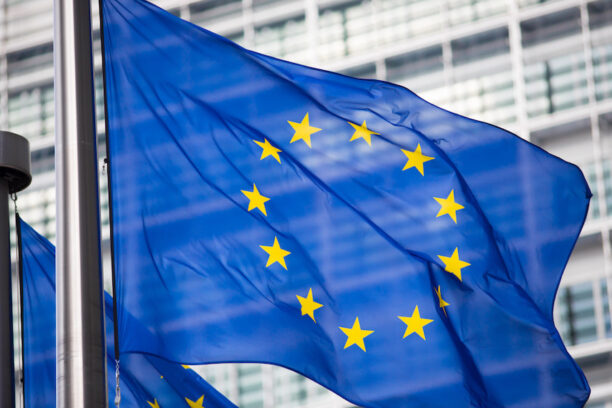Carbon registry Verra has been under scrutiny since The New Yorker exposed problems in 2023 concerning methods and approaches in verifying voluntary carbon offsets in the Kariba project – befallen with much controversy. Verra announced the conclusion of its project review:
“… it was found that the actual deforestation observed in the Kariba project’s reference area was significantly lower than the initially estimated deforestation. The number of excess credits issued as a result of this discrepancy is 15,220,520 (of the 26,822,953 credits issued). These are credits that can no longer be compensated for in subsequent monitoring and verification periods, given the project’s withdrawal from the Verra Registry.”
Actions taken include:
- Seeking compensation for the 15,220,520 excess credits (of which 10,321,531 have been retired, while 4,898,989 are active VCUs in other accounts).
- Asking account holders of the remaining active VCUs (i.e., 4,898,989) to voluntarily cancel those credits.
- Permanently removing the verified but not issued ERRs, so they can never be used (i.e., 10,083,263).
- Immediate cancellation of the entirety of the credits the Kariba project contributed to the buffer pool (i.e., 5,049,473 VCUs).
Verra is also seeking additional information about project quality control reviews:
“A quality control review is one of the ways Verra considers whether projects continue to meet the rules and requirements of its standards programs. When questions arise, Verra works with independent validation/verification bodies (VVBs) to determine whether projects have met these rules and requirements.
Verra has identified certain topics it needs the VVBs of the Kariba project to address further to bring the review to a close.”
This action may be the first of several dominoes to fall. Buyers of Kariba credits from project developer South Pole included Volkswagen, Gucci, Nestlé, Porsche, and Delta Air Lines who may have to issue corrections or “restatements” to their climate disclosures/sustainability reports. These companies (and others) could be in violation of sustainability-linked debt covenants or contractual terms in place with customers. The companies will likely face litigation that – given how companies deem carbon management as “material” – could include securities fraud (as Matt Levine says, “everything is securities fraud”). Other projects and verifiers will be under even more scrutiny since this action confirms that questions about voluntary credits are reasonable.
Members can refer to our checklist Carbon Offset Due Diligence for guidance on evaluating offsets for purchase.
Interested in a full membership with access to the complete range of benefits and resources? Sign up now and take advantage of our no-risk “100-Day Promise” – during the first 100 days as an activated member, you may cancel for any reason and receive a full refund. But it will probably pay for itself before then. Members also save hours of research and reading time each week by using our filtered and curated library of ESG/sustainability resources covering over 100 sustainability subject areas – updated daily with practical and credible information compiled without the use of AI.
Practical Guidance for Companies, Curated for Clarity.










